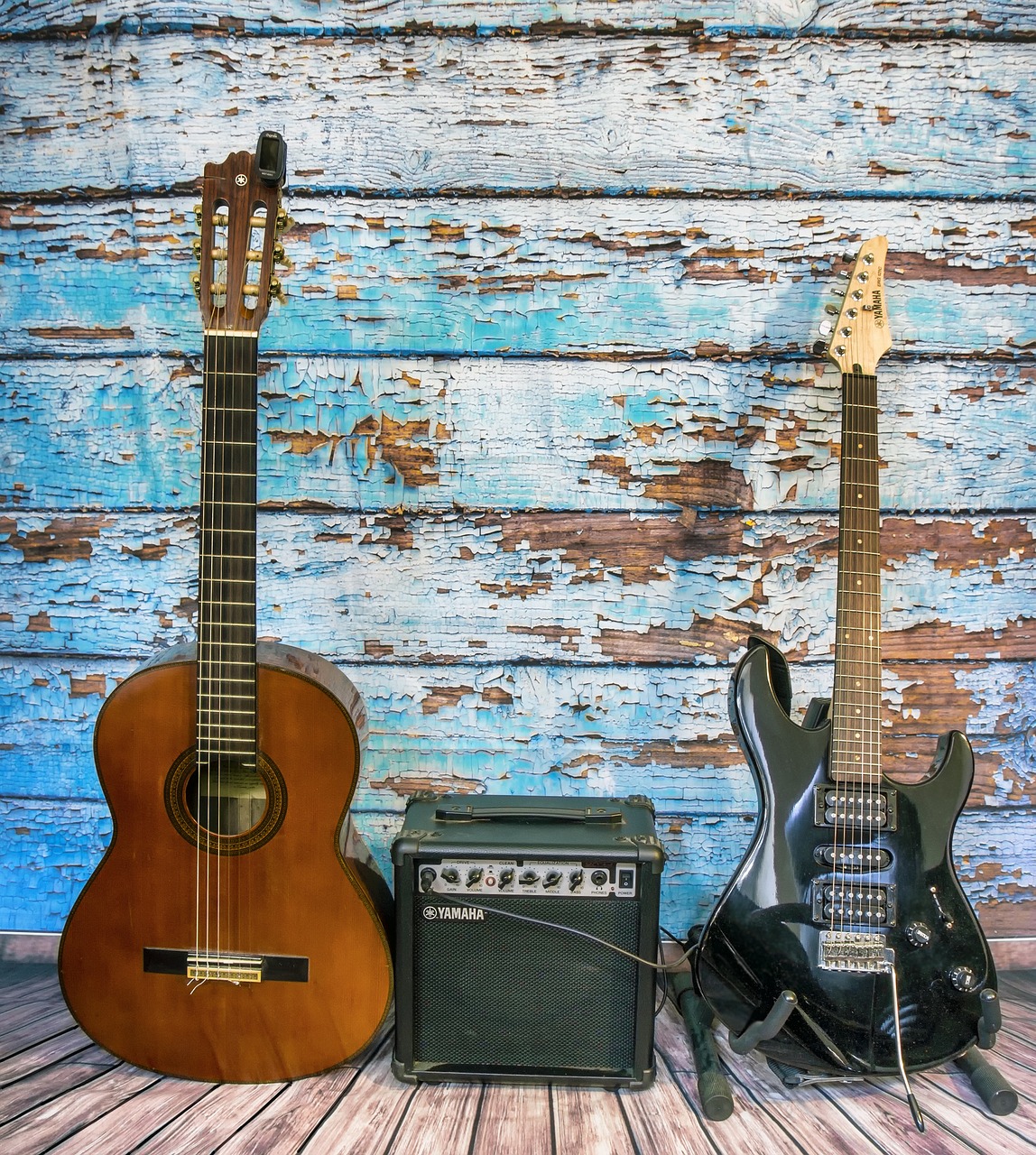
Have you ever wondered if it’s too late to pursue your dream of playing guitar? In this article we’ll delve into the question, “Am I too old to start playing guitar?” Age should never be a barrier to exploring your musical passions. Join us as we discover the numerous benefits of learning guitar at any age and find inspiration to embark on your musical journey.
Embracing the Benefits of Learning Guitar Later in Life
Learning guitar later in life offers unique advantages that enhance both mental and emotional well-being. Playing guitar stimulates the brain, improving memory, coordination, and problem-solving skills. Additionally, it provides a creative outlet for self-expression and emotional release, effectively reducing stress. No matter your age, you can experience the cognitive and emotional benefits that learning guitar brings.
Tailoring the Learning Process to Your Needs
As an adult learner, you have the advantage of understanding your own learning preferences and goals. Take a personalized approach by focusing on the musical styles and techniques that resonate with you. With flexible online tutorials, self-paced learning options, and customizable lesson schedules, you can fit guitar practice into your busy lifestyle. Embrace the freedom to learn at your own pace and tailor the learning process to suit your needs.
Get in touch to schedule your lessons
Finding Community and Support
Building a supportive network of fellow guitar enthusiasts is essential on your musical journey. Seek out local meetups, online forums, or social media groups where you can connect with like-minded individuals. Engage in discussions, share experiences, and seek advice from experienced guitarists. Their encouragement and camaraderie will inspire you to keep progressing and overcome any doubts or challenges you may face.
Embracing the Journey and Setting Realistic Expectations
Learning guitar is a gradual process that requires patience and persistence, regardless of age. Embrace the journey and celebrate small milestones along the way. Rather than striving for perfection, focus on progress and enjoy the learning process. Set realistic goals that align with your aspirations, whether it’s playing your favorite songs, performing in front of others, or composing your own music. With dedication and a positive mindset, you’ll continue to grow as a guitarist.
Remember, it’s never too late to pursue your passion for guitar. Embrace the numerous benefits of learning guitar later in life, customize your learning journey, find support within the guitar community, and set realistic expectations. Age should never hinder your musical aspirations. So, pick up that guitar, immerse yourself in the joy of playing, and embark on an enriching and fulfilling musical adventure!



